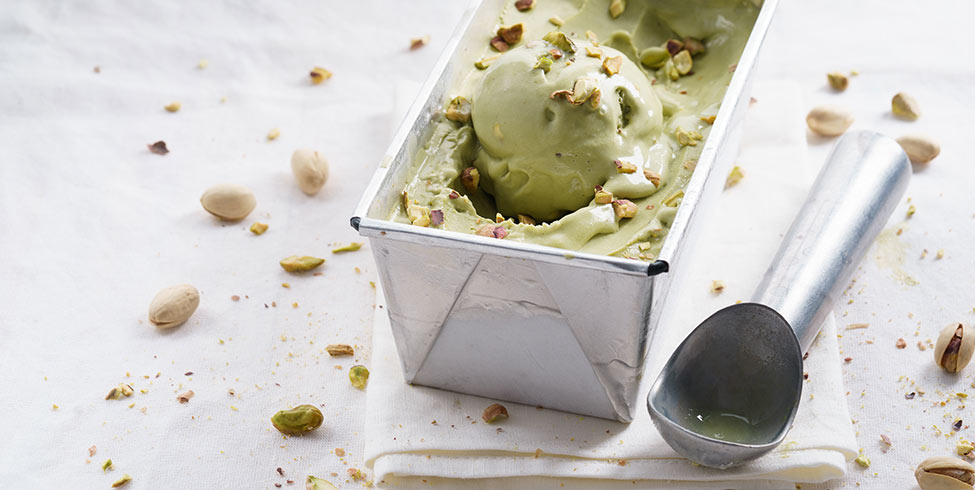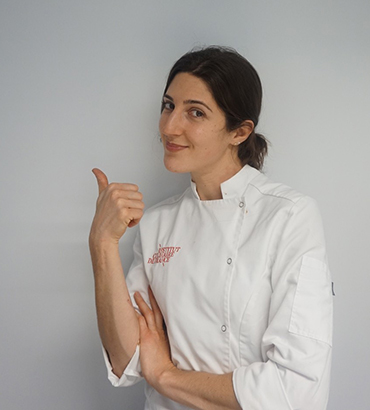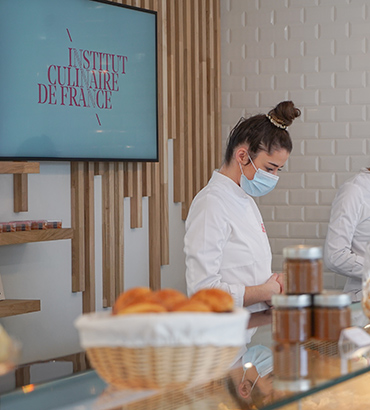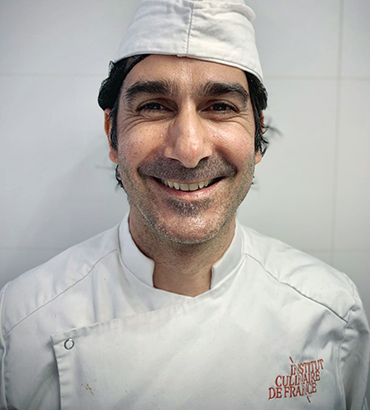Ice cream makers may set up or take over an independent business, and/or be a self-employed artisanal ice cream maker supplying restaurants and the catering trade. Alternatively, they may be a salaried employee in a professional kitchen at a restaurant, tea room, café or ice cream parlour, or at a manufacturing facility for prestige or big name brands.
How to become an ice cream maker
Professional qualifications will train an ice cream maker in all the skills required to make them an asset to a future employer or be capable of running their own business, ensuring a successful career whichever path they take.
One option is the Professional Certificate, a six-month training course comprising practical sessions using high-tech equipment to learn the range of culinary techniques and skills, on which students will be taught by industry professionals and renowned master ice cream makers. This multi-disciplinary course covers all aspects of the industry, including business, management, culinary design, nutrition and food hygiene.
For the most comprehensive training option, there is the BA degree programme, a three-year course on which students learn the practical and business sides of the profession, including designing their own line of products and its packaging and marketing, and digital and print communications.
Practical work experience is also a real asset for budding ice-cream makers, increasing not only ability but employability too. All of the programmes at Institut Culinaire de France include the possibility to undertake work placements, thereby enabling students to become autonomous and experienced professionals ready to hit the ground running.
Ice cream maker job duties
A day in the life of an ice cream maker will vary depending on the setting and their experience, but some duties will be more or less constant throughout the profession. First and foremost, ice cream makers are in charge of the ice cream making process from A to Z, starting with researching and devising recipes and flavours, or developing product lines, right through to purchasing raw materials, and executing production using techniques such as churning, mixing and pasteurizing. From there, they will also package and display products, and/or serve and plate them.
Part of their remit is to ensure their workstations, machinery and equipment are clean and in sound working order. They will also need to adhere to health and safety protocols and maintain quality standards.
They will deal with clients and customers and develop recipes according to consumer demand and requirements, including those to reflect seasonal creations (such as frozen logs at Christmas) and seasonal flavours, and industry trends such as vegan, organic or gluten-free.
If running a business, they will also have an entrepreneurial role, including managing staff, premises and inventory and dealing with administrative and accounting tasks.
They may also be involved or in charge of marketing, whether online or in print, including social media, brochures, advertising and so forth.
Ice cream maker salary
Junior ice cream makers tend to start out on the minimum wage. With experience, salary increases in accordance with the location and type of employer, ranging from €1500 to €2000 before tax. Artisanal ice-cream makers who go on to start their own business stand to earn significantly more.



